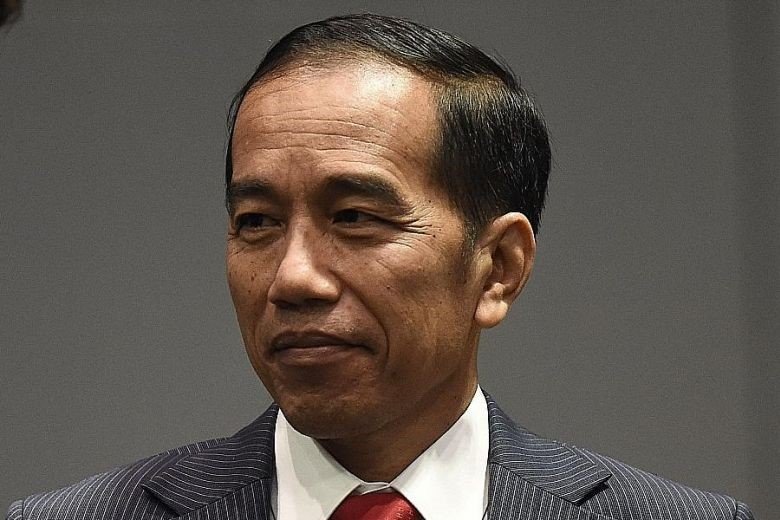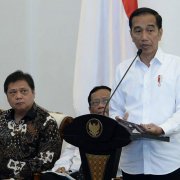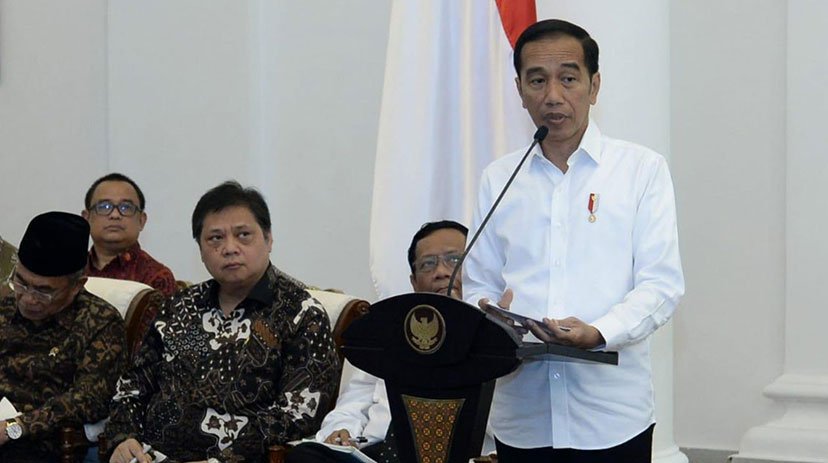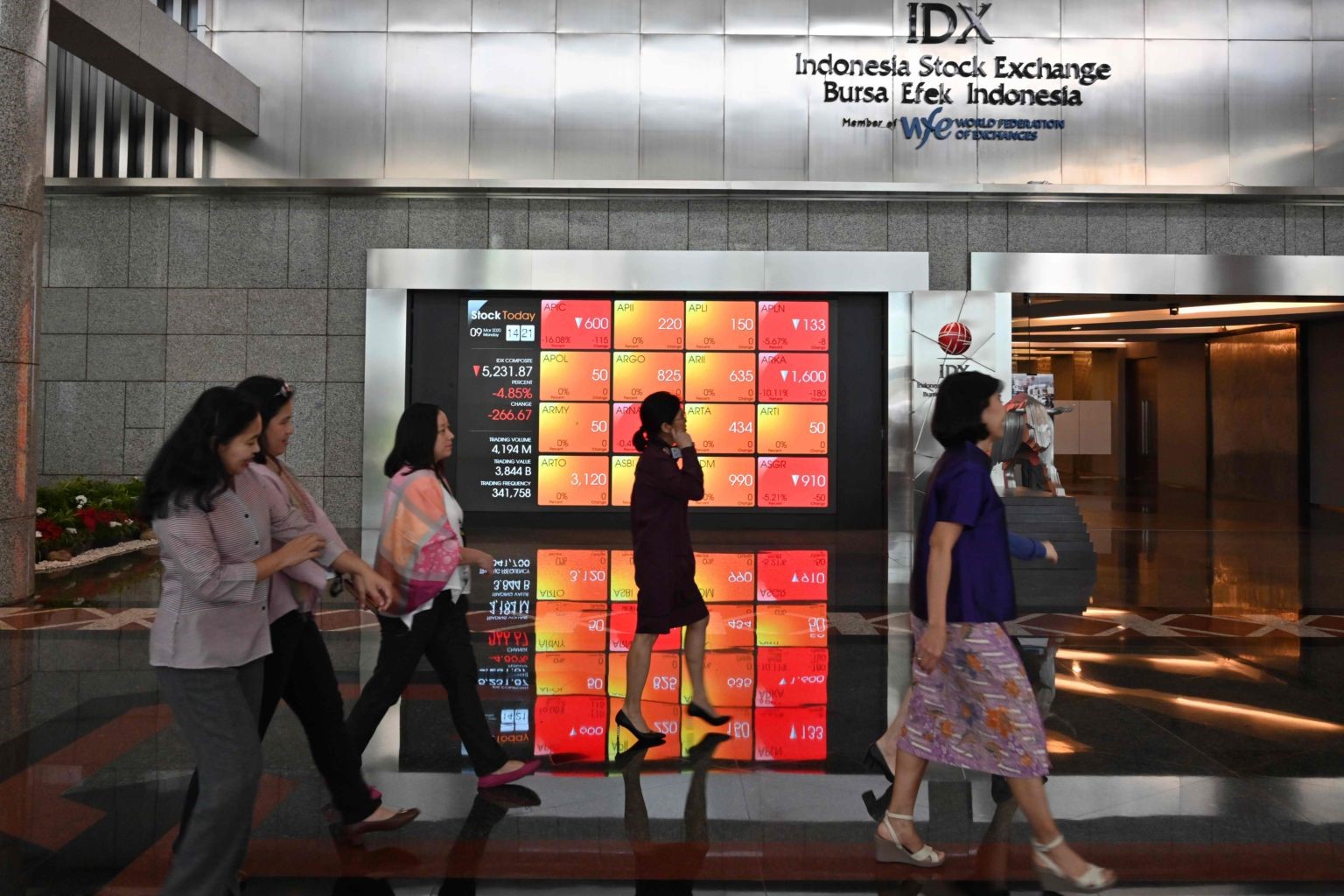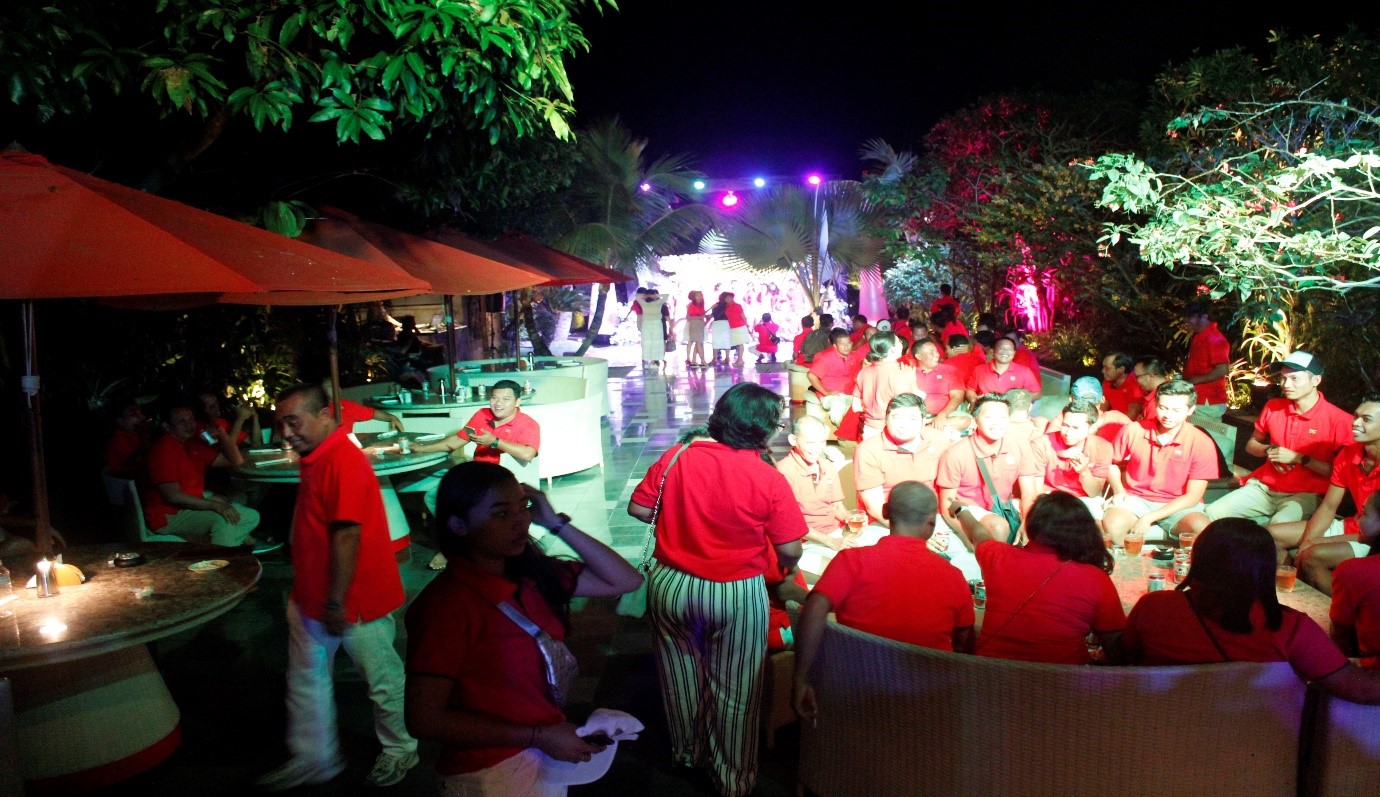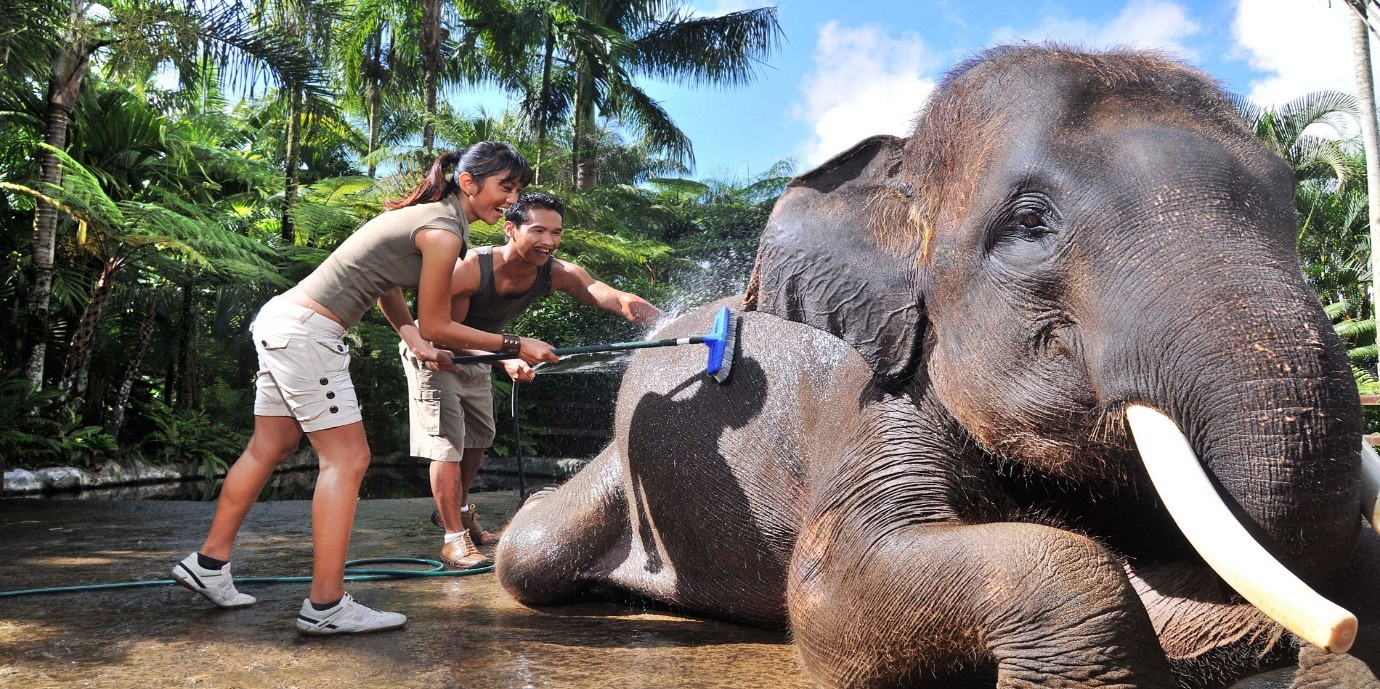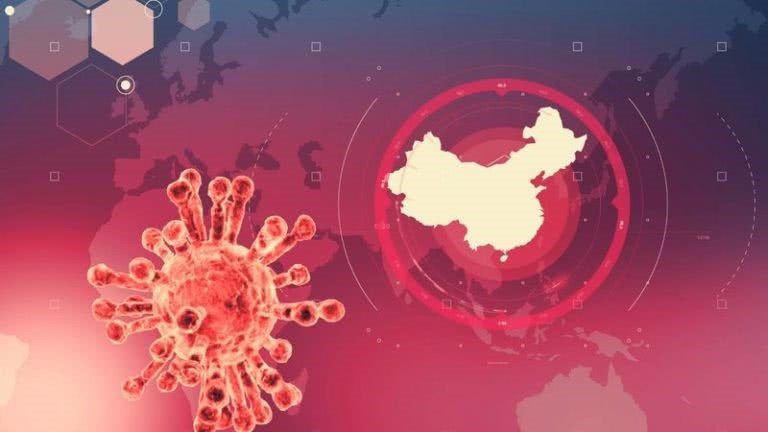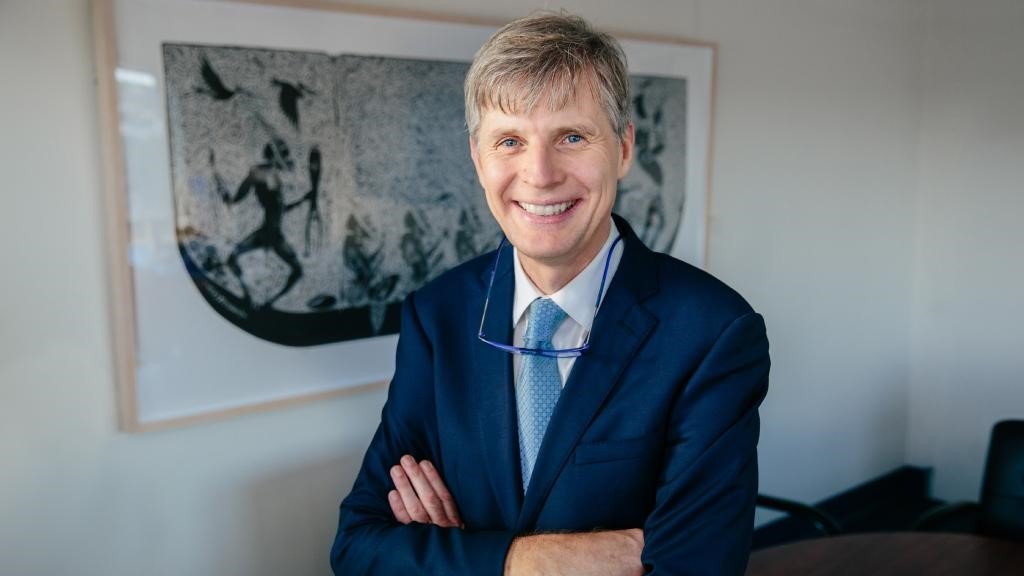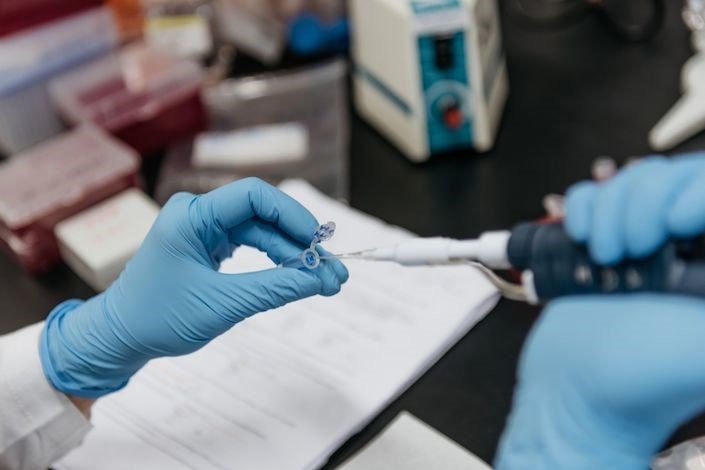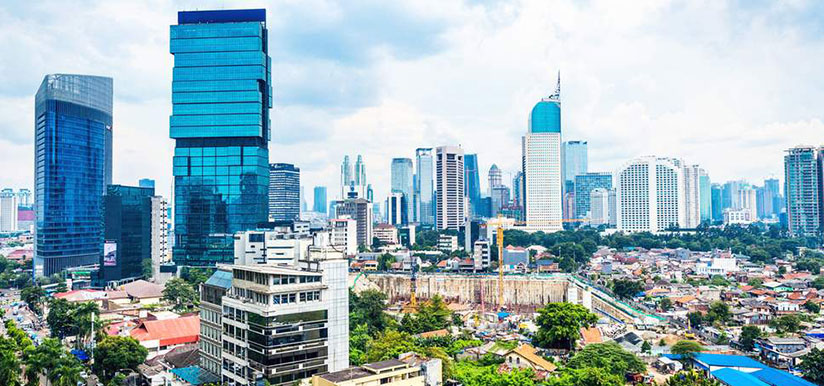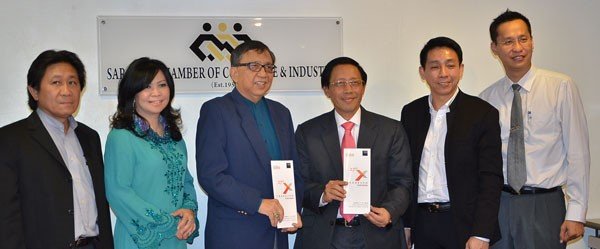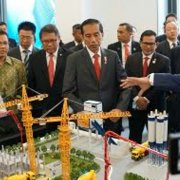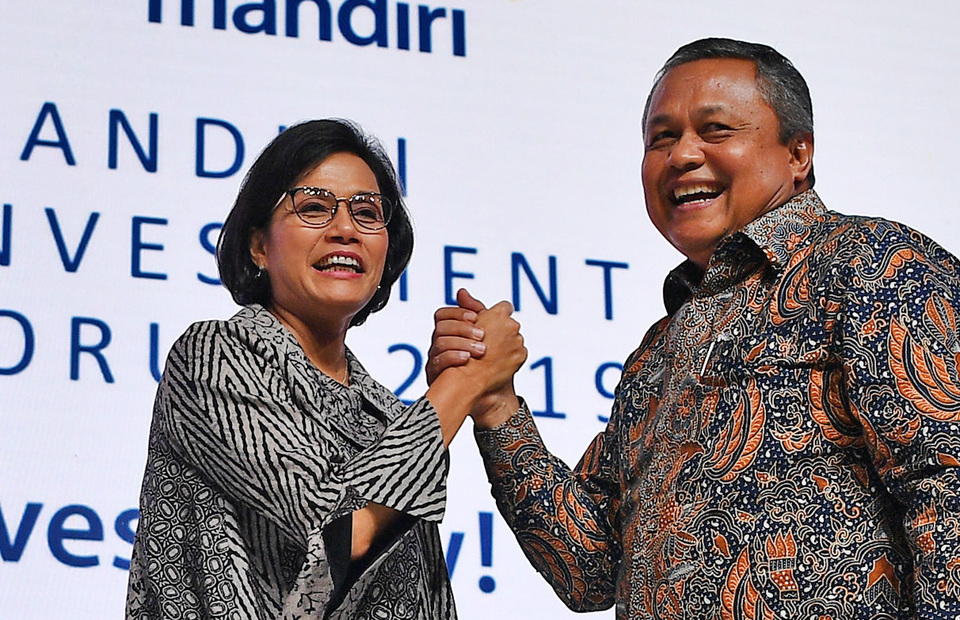UI Students Create Corona Virus Monitor Application
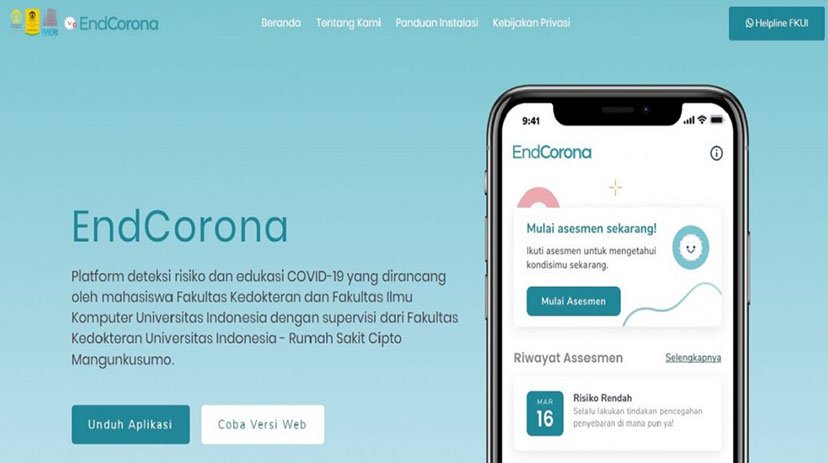
Several educational institutions in Indonesia currently show each other the ability to overcome, minimize, and monitor the development of the 2019 Coronavirus Disease pandemic or COVID-19 in the country. Previously, GNFI had published an article on how Telkom University and LIPI had jointly created a robot to sterilize the isolation room for patients with suspected corona virus. In addition to Telkom, the University of Indonesia (UI) also contributes through a smartphone application.
Quoting from the official UI page, last week there was a soft launching of an application called EndCorona via their live streaming YouTube account. Not only a device, EndCorona can also be accessed via a desktop or laptop computer.
EndCorona was created through the collaboration of a number of UI students from the Faculty of Medicine (FKUI) and the Faculty of Computer Science UI (Fasilkom UI). EndCorona serves as a corona virus risk assessment platform provider. EndCorona is equipped with various features that help people deal with the plague in Indonesia. One feature that is put forward is how to find out the condition of yourself whether at risk of corona virus exposure or not.
Through the assessment in the EndCorona platform, users can see the level of vulnerability status themselves, ranging from low risk, caution, vulnerable, and very vulnerable. The assessment has been explored by the FKUI-RSCM advisory team from trusted scientific journals as well as proven national and international recommendations.
EndCorona also presents information and education channels to help people find the right knowledge based on medical science, provide information, current situation, and prevent the development of hoax news about COVID-19.
“The features in EndCorona consist of Covid-19 vulnerability assessment, complete hospital hotlines in Indonesia and regional health offices throughout Indonesia, FKUI Helpline , educational content and reliable news, daily statistics, and tracking data for research,” said EndCorona initiator , Arya Lukmana.
The 2018 FKUI student added, “The advantage of this platform is that it uses Cloud technology so that it is fast with almost no downtime . We hope that through this application, the public can realize their risk of COVID-19 and act according to their ind Dean of FKUI, Prof. Dr. dr. Ari Fahrial Syam, SpPD-KGEH, MMB, assessed the EndCorona application could be an alternative to prevent the spread of corona virus. ”
In the current situation and conditions the community needs information about Covid-19 disease. Hopefully this application can be one of the solutions and efforts for the community to break the chain of distribution of Covid-19, “said Dr. Ari.
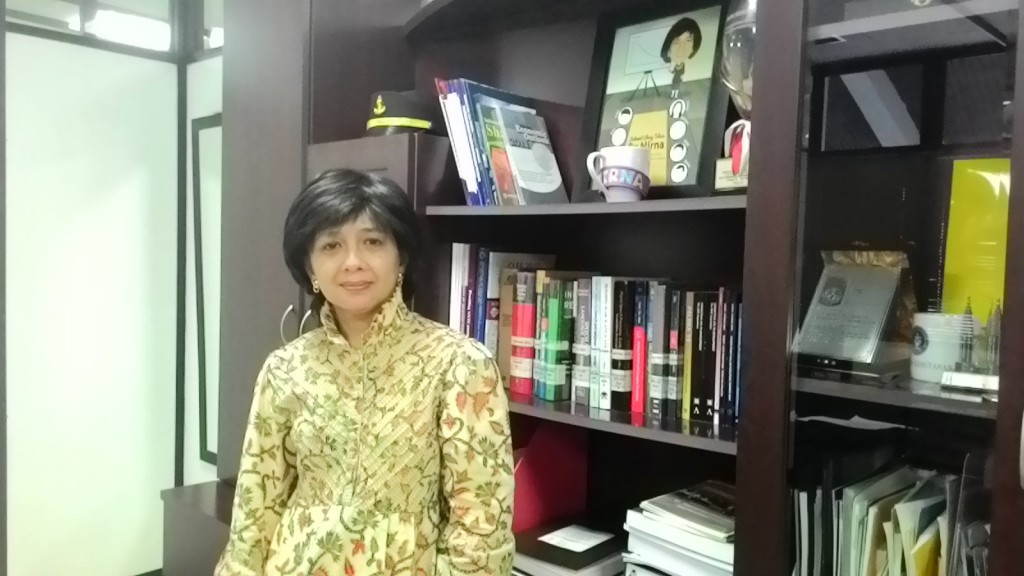
Furthermore, Dean of Fasilkom UI Mirna Adriani, Ph.D. added “We appreciate and appreciate the time that has been provided by students. EndCorona can be an example of multidisciplinary cooperation between faculties and shows that information and communication technology can be the backbone of society to help reduce public unrest. It is hoped that through this application, UI will also contribute to helping countries solve problems related to the Covid-19 outbreak. ”
The collaboration between FKUI students and Fasilkom UI was initiated by Arya Lukmana and developed by students from Fasilkom UI consisting of Muhammad Fawwaz Syarif (Information System 2016), Albertus Angga Raharja (Computer Science 2016) Ricky Chandra Johanes (SI 2016), Windi Chandra (SI 2016) IK 2016), Muhammad Ashlah Shinfain (IK 2016), Adyanissa Farsya Kirana (SI 2016), Eugene Brigita Lauw (IK 2018), Amrisandha Pranantya Prasetyo (IK 2018) and a team of FKUI students, namely Lubna Djafar (2018), Sarah Latifa Raharja (2018), Sania Zahrani (2018), Violine Martalia (2019), Irene Audrey DP (2018), Alifia Maharani (2018), and Aditya Parawangsa (2018).
Collaboration from the two different faculties was supervised by doctors and lecturers from FKUI, including Prasandhya A. Yusuf, S.Si, MT, Ph.D (Department of Medical Physics FKUI / Medical Technology Cluster of IMERI), dr. Eric Daniel Tenda, SpPD, FINASIM (Department of Internal Medicine FKUI-RSCM), dr. Anindya P. Susanto, B.Eng, MM (Department of Medical Physics FKUI / IMERI Medical Technology Cluster) and dr. Dewi Friska, MKK (Department of Community Medicine, FKUI).
EndCorona’s initiative was funded through the UI – IPTEKS Community Service Grant for the 2020 Community as FKUI’s participation in providing solutions to stop the COVID-19 outbreak. The EndCorona platform can be accessed via Android, iOS and the Site by opening ( endcorona.fk.ui.ac.id and / or endcorona.id ) as well as through the Instagram social media channel (@endcorona).
EndCorona was first released on February 28, 2020 in the form of social media on Instagram, then continues to develop until now with a team of 16 people.
Other UI Assistance, Provide Guest House for Medical Personnel
Not only an application for the community, the University of Indonesia also provides a guest house or shelter for medical personnel at the UI Hospital (RSUI). RSUI in coordination with the Directorate of Management and Development of UI Business Units (DPPU UI) appointed the Japanese Study Center (PSJ), located within the UI campus, Depok, as a guest house for medical personnel. In the PSJ, there are already 21 rooms with a capacity of 48 beds along with other facilities.
“This effort is a form of our appreciation and gratitude for the medical staff who work at RSUI. The provision of the Guest House PSJ UI considers the direction of the Depok City Covid-19 Task Force for the Acceleration of Handling which dedicates RSUI to the handling of Covid-19 patients, especially in the Depok City area. It is hoped that this PSJ UI guest house can also provide adequate resting places for medical workers who are struggling, “explained UI DPPU Director Dr. drg. Nia Ayu Ismaniati, MDSc, SpOrT (K).
Source: https://www.goodnewsfromindonesia.id/2020/04/07/mahasiswa-ui-ciptakan-aplikasi-pantau-virus-corona




